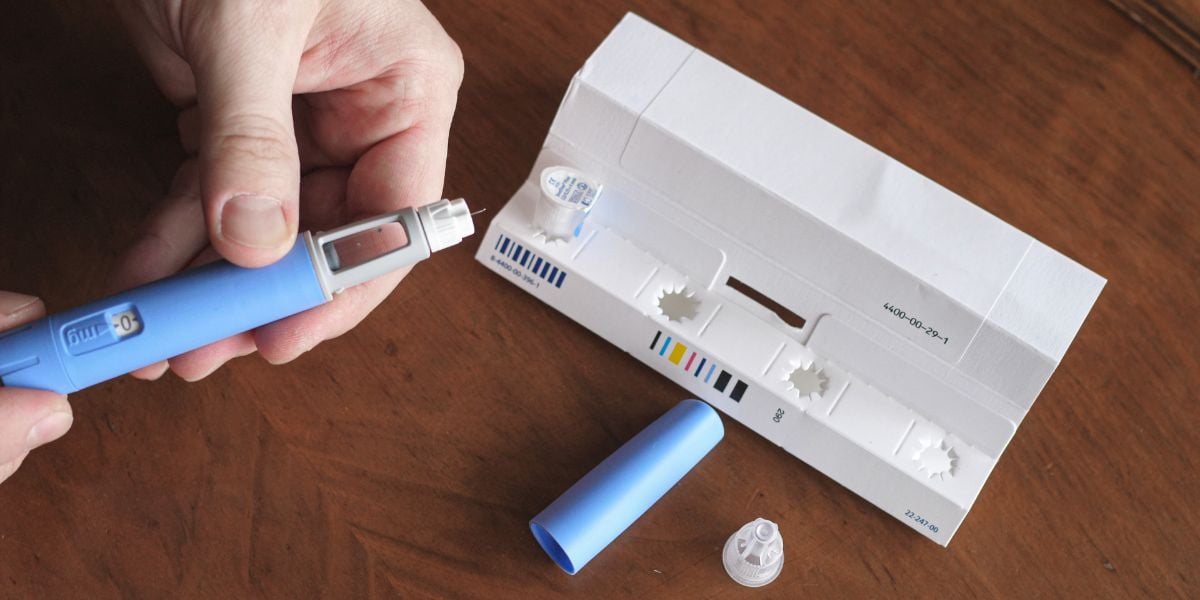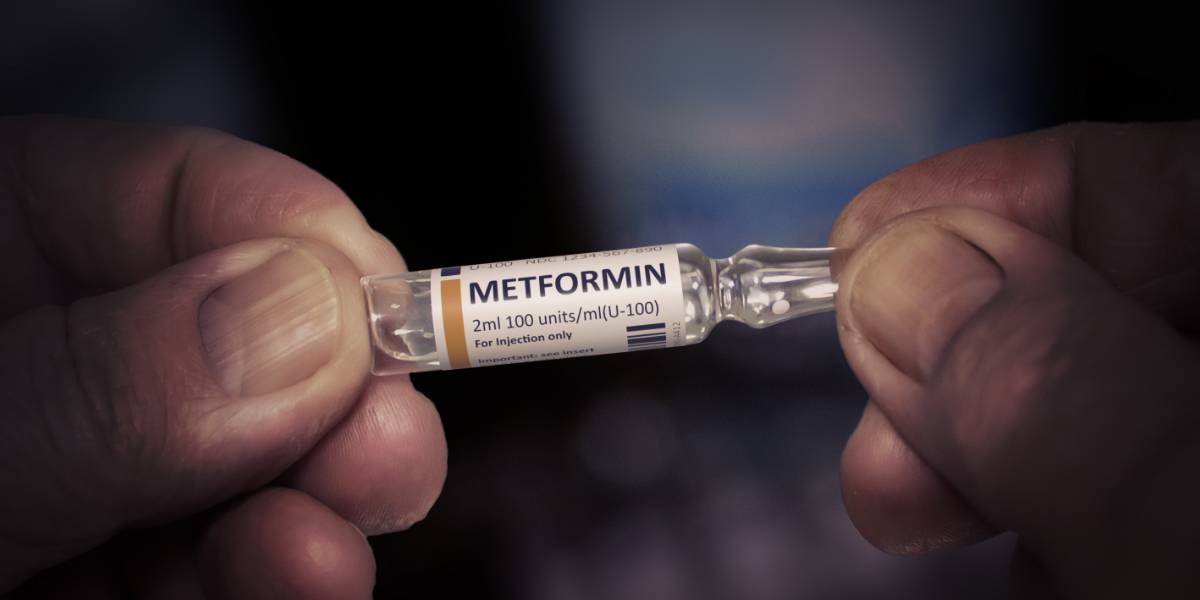Galvus (Vildagliptin) is a relatively recently approved oral treatment for people with type 2 diabetes. Galvus is often taken in conjunction with other anti-diabetes medications such as metformin, sulphonylureas and thiazolidinediones.
How often should I take Galvus?
Your healthcare professional will be able to advise you on how much Galvus to take when it is prescribed to you.
Usually, Galvus is prescribed as a once-daily drug and may often be combined with other anti-diabetic drugs.
Who shouldn’t take Galvus?
Galvus (vildagliptin) should not be taken by those type 2 diabetic patients that have liver problems, particularly liver impairment.
At the start of every Galvus course, people with diabetes should have their liver monitored regularly. Furthermore, patients with renal impairment or congestive heart failure should not take Galvus.
Who makes Galvus?
Galvus was brought to market by pharmaceutical company Novartis Pharma AG.
Is Galvus effective?
Galvus was proven in clinical trials to add efficiency when used in combination with other anti-diabetic medication.
Galvus clinical trials before approval included some 20,000 patients.
The diabetes drug was found to reduce blood sugar significantly.
What side effects are reported with Galvus?
Galvus side effects can include headaches, dizziness, weakness and weight gain. The way the drug works means that hypoglycemia (low blood glucose levels) can also occur.
Should I take Galvus?
Your healthcare professional will be able to advise you on whether Galvus is a suitable type 2 diabetes drug for you to take.







